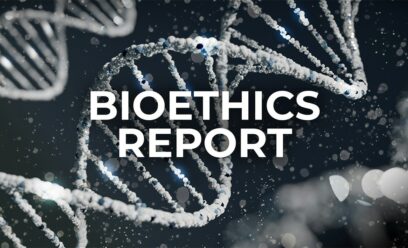Affinity Director signs churches’ letter to UK leaders

A letter has been sent to Prime Minister Boris Johnson and leaders of the devolved parliaments urging no repeat of the complete closure of churches as restrictions to beat the pandemic are increased. Hundreds of church leaders from across the denominations in the UK – including Affinity Director Graham Nicholls – have put their names to the plea which says,
‘The public worship of the Christian church is particularly essential for our nation’s wellbeing. As we live in the shadow of a virus we are unable to control, people urgently need the opportunity to hear and experience the good news and hope of Jesus Christ, who holds our lives in his hands.’
The full text reads:
To: The Prime Minister Boris Johnson, First Minister Mark Drakeford, First Minister Nicola Sturgeon, First Minister Arlene Foster and Deputy First Minister Michelle O’Neill
Dear Prime, First and Deputy First Ministers,
As church leaders from across the four nations of the UK, we have been deeply concerned about the impact of the Coronavirus pandemic across society. We have carefully followed government guidance to restrict its spread. But increasingly our concern relates to the damaging effects of anti-Covid restrictions on many of the most important aspects of life.
Our God-given task as Christian ministers and leaders is to point people to Jesus Christ, who said he came to bring ‘life in all its fullness’. Therefore we are troubled by policies which prioritise bare existence at the expense of those things that give quality, meaning and purpose to life. Increasingly severe restrictions are having a powerful dehumanising effect on people’s lives, resulting in a growing wave of loneliness, anxiety and damaged mental health. This particularly affects the disadvantaged and vulnerable in our society, even as it erodes precious freedoms for all. In our churches, many have been working tirelessly to provide help to those most affected.
We entirely support proportionate measures to protect those most vulnerable to SARS-CoV-2. But we question whether the UK Government and the devolved administrations have it in their power either to eliminate this virus or to suppress it for an indefinite period while we await a vaccine. And we cannot support attempts to achieve these which, in our view, cause more damage to people, families and society – physically and spiritually – than the virus itself.
The public worship of the Christian church is particularly essential for our nation’s wellbeing. As we live in the shadow of a virus we are unable to control, people urgently need the opportunity to hear and experience the good news and hope of Jesus Christ, who holds our lives in his hands. The supportive relationships that churches nurture between people are vital, and simply cannot be dispensed with again without significant harm. And most of all, we know that regular gathering to worship God is essential for human life to be lived to the full.
We have been and will remain, very careful to apply rigorous hygiene, social distancing and appropriate risk assessment in our churches. As a result, church worship presents a hugely lesser risk of transmission than pubs, restaurants, gyms, offices and schools; and it is more important than them all. We therefore wish to state categorically that we must not be asked to suspend Christian worship again. For us to do so would cause serious damage to our congregations, our service of the nation, and our duty as Christian ministers.
We therefore call upon the Westminster and devolved governments to find ways of protecting those who truly are vulnerable to Covid-19 without unnecessary and authoritarian restrictions on loving families, essential personal relationships, and the worship of the Christian Church.
Yours faithfully
Church leaders may add their name to the online letter here.
Stay connected with our monthly update
Sign up to receive the latest news from Affinity and our members, delivered straight to your inbox once a month.



